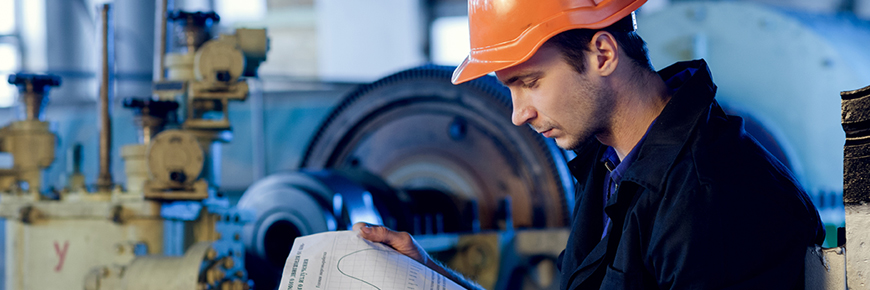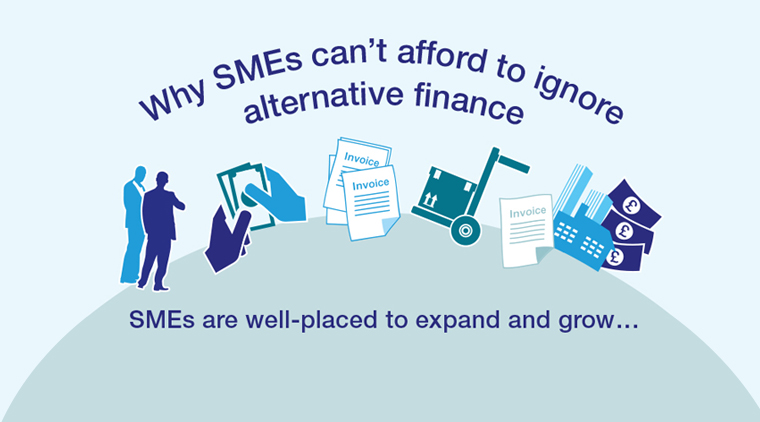
Close Brothers’ research suggests small businesses remain optimistic despite some difficult headwinds – so how do they balance risk and reward?
Small and medium-sized enterprises (SMEs) could be forgiven for feeling anxious given the difficult start to 2016 with the combination of global stock market turbulence, mounting concern about the state of the world economy, and the Brexit debate. But SMEs are resilient – and Close Brothers’ research reveals that while businesses are conscious of the risks ahead, they’re also ready to capitalise on new growth opportunities.
The latest Close Brothers Business Barometer reveals that almost one in five say their business is prospering in the current economy, while close to half say they’re doing just as well as a year ago. The Barometer also shows that almost a quarter of SMEs expect their business to expand over the next 12 months, while more than half expect to maintain their current levels of growth. These figures reflect business leaders’ experience of trading conditions on the ground, rather than the ‘doom-mongering’ headlines.
Amid the gloom, there is more light ahead than one might think. The International Monetary Fund, for example, is still anticipating economic growth in the UK of 2.2% in 2016 and 2017, despite having cut its forecasts for other leading economies. At the same time, the Federation of Small Businesses has pointed out that confidence amongst SMEs remains higher than a year ago – and that businesses are continuing to create more jobs.
Finding the balance
This is not to suggest that the year ahead will be plain sailing; as well as economic headwinds, SMEs in the UK face other challenges. New costs such as the national living wage and the auto-enrolment pensions system will hit many firms, while others worry about increased regulation.
How, then, do SMEs balance their natural optimism and their determination to exploit growth opportunities with the risks that lie ahead? The answer lies in cautious ambition.
In practice, this means focusing on downside risk as well as upside potential. One striking feature of the FSB’s latest research, for example, is that many SMEs report having substantially improved their productivity in recent months – in other words, they have been able to grow their revenues without a corresponding increase in costs.
Indeed, SMEs have remained cost conscious, despite the widely-held view that the UK is now heading away from economic decline. The FSB research shows that while businesses are prepared to offer wage increases, for example, they’re finding ways to be more efficient in other areas.
It is also important that small businesses ensure they have strong financial foundations on which to build towards their ambitions – that may mean taking on new funding, or rearranging existing facilities.
In fact, the Bank of England’s latest data shows lending to small businesses was flat last year, but against that, there is now evidence that SMEs are considering a much broader range of funding options. A study from the innovation group Nesta and Cambridge University found that the alternative finance sector grew by 84% last year, while the Asset Based Finance Association has also reported strong growth.
In the end, SMEs know that risk and reward go hand in hand – the judgement call is how to balance the two. The optimism and resilience revealed in the latest Close Brothers Business Barometer is encouraging - now businesses must decide how to realise their ambitions without over-exposing themselves.
Take a look at our latest infographic: Why SMEs can't afford to ignore alternative finance







